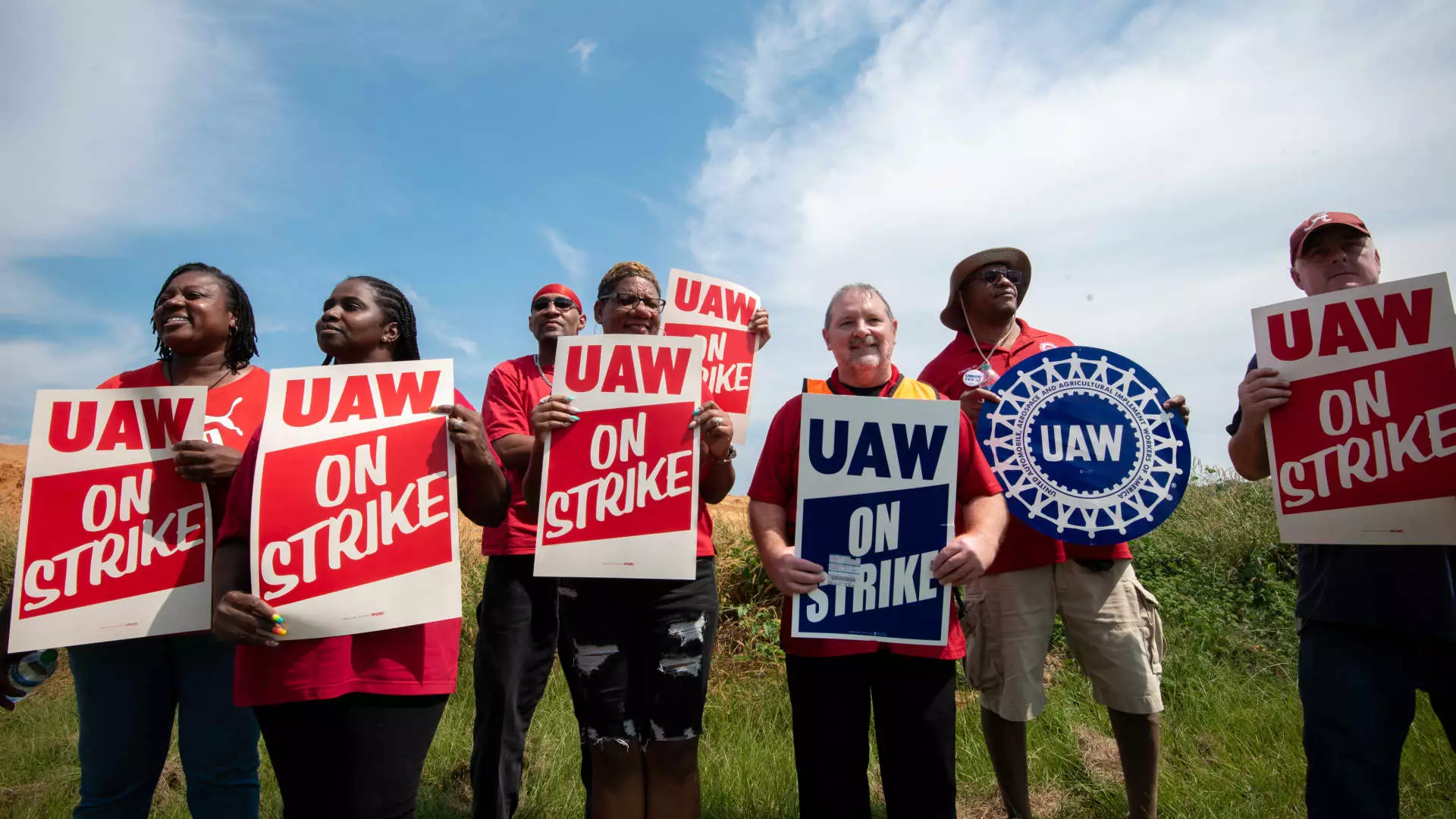The recent vote by Mercedes-Benz workers in Alabama to reject union representation by the United Auto Workers marks a significant setback for the UAW’s organizing efforts. Despite the success of the Detroit union in winning an organizing drive at a Volkswagen plant in Tennessee, the outcome at the Alabama plant demonstrates the challenges faced by labor unions in gaining support from workers.
According to the National Labor Relations Board, 56% of the eligible workers at the Mercedes-Benz plant voted against union representation. Out of the 5,075 workers who were eligible to vote, more than 90% participated in the election. The rejected unionization will have implications for the future of labor relations at the plant and may impact the broader organizing campaign by the UAW.
The loss at Mercedes-Benz comes as a blow to the UAW, which has been engaged in an aggressive organizing drive targeting non-union automakers in the U.S. The union had hoped to build on its recent successes in securing favorable contracts with major automakers like Ford Motor, General Motors, and Stellantis. However, the outcome at the Alabama plant indicates that the road ahead may be more challenging than anticipated.
The National Labor Relations Board has been investigating multiple unfair labor practice charges filed by the UAW against automakers, including Mercedes-Benz. The charges include allegations of disciplinary actions against employees for discussing unionization, surveillance of workers, and other activities aimed at suppressing union activities. These allegations raise concerns about the company’s commitment to upholding workers’ rights and may have influenced the outcome of the union vote.
The rejection of union representation at the Mercedes-Benz plant in Alabama highlights the complex dynamics of labor relations in the automotive industry. As the UAW continues its organizing efforts at other non-union automakers, the outcome of the election serves as a reminder of the challenges faced by labor unions in gaining support from workers. The implications of this vote will likely shape the future of labor relations at the plant and may have broader repercussions for the UAW’s organizing campaign.
The decision by Mercedes-Benz workers in Alabama to vote against union representation reflects the ongoing tensions between labor unions and automakers. The outcome of the election underscores the challenges faced by the UAW in its organizing efforts and raises questions about the future of labor relations in the automotive industry. As the NLRB continues its investigation into unfair labor practices, the rejection of the union at the Alabama plant serves as a critical moment in the ongoing debate over workers’ rights and the role of unions in the workplace.

